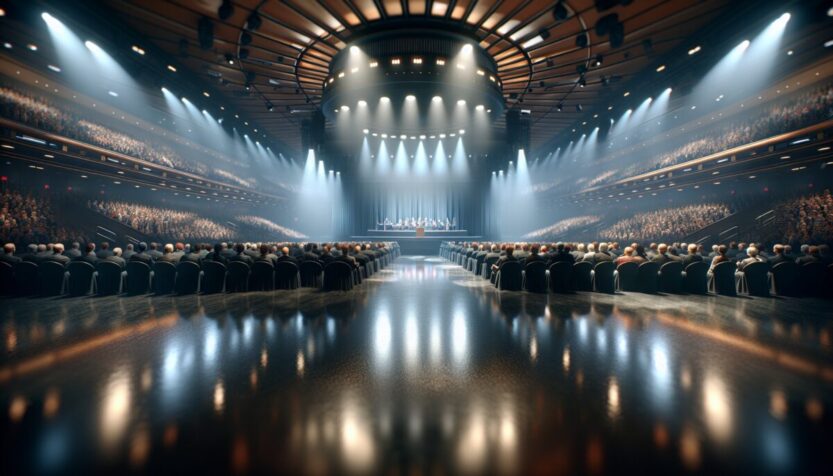Trump’s controversial rally: A deep dive into the backlash and implications
Donald Trump’s recent rally at Madison Square Garden has ignited a firestorm of criticism and controversy. While Trump hailed the event as a tremendous success, many observers have drawn parallels to historical hate rallies, raising questions about the implications of such gatherings in today’s political climate. This article delves into the events of that night, the reactions from various political figures, and the broader societal impact.
Trump’s perspective on the rally
During a speech to faith leaders in Georgia, Trump expressed pride in the turnout at Madison Square Garden, stating, “Last night we had a great rally at Madison Square Garden.” He further claimed, “We could have filled it up 10 times,” showcasing his belief in the overwhelming support he perceives from his base. However, this self-congratulatory tone starkly contrasts with the backlash that followed, particularly regarding the remarks made by featured speakers.
Backlash from within the Republican Party
The fallout from the rally was swift, with multiple Republican lawmakers publicly condemning the event. The controversy intensified when roast-comic Tony Hinchcliffe made derogatory jokes about Hispanic and Black individuals, prompting immediate backlash. Reports indicate that Trump’s campaign was caught off guard by the offensive nature of Hinchcliffe’s remarks, leading to questions about the vetting process for speakers at such a high-profile event. Insiders revealed that while some jokes were flagged and removed, others slipped through, raising concerns about the campaign’s oversight.
The implications of offensive rhetoric in politics
The incident at Madison Square Garden highlights a troubling trend in political discourse, where offensive language and humor are increasingly normalized. Trump’s campaign’s apparent acceptance of Hinchcliffe’s remarks, despite later attempts to distance themselves from the most egregious comments, suggests a broader tolerance for divisive rhetoric. This raises critical questions about the future of political communication and the responsibilities of candidates to promote respectful dialogue. As the 2024 election approaches, the implications of such events will likely resonate with voters, shaping their perceptions of candidates and their platforms.




